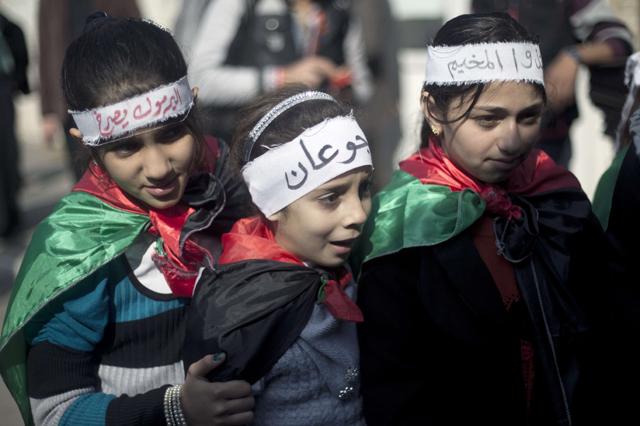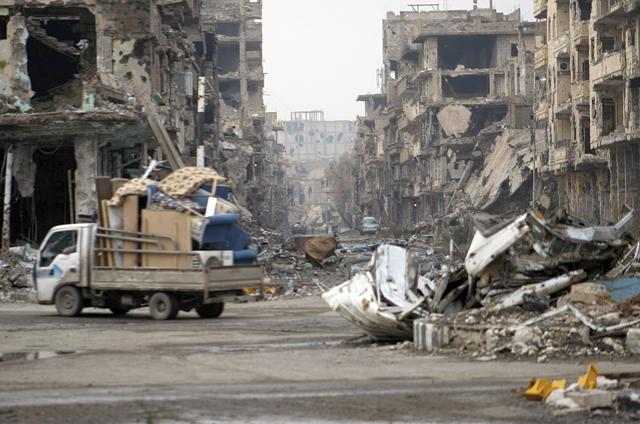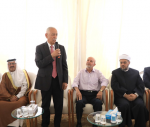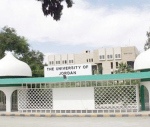GAZA CITY –– Hamas Prime Minister Ismail Haniyeh reached out to West Bank rivals Fateh on Monday, saying its members would be allowed back into Gaza, in efforts to promote Palestinian reconciliation.
“The [Hamas] government will allow all Fateh members who are from Gaza and who left the strip [in 2007] to return, without any preconditions,” apart from those accused of killing Hamas members during intense factional fighting that year, Haniyeh said.
Speaking to reporters after a visit to the Hamas interior ministry in Gaza City, he added authorities would “release a small number of Fateh members who are imprisoned [in Gaza] for security reasons”.
Fateh MPs, who are based in the West Bank, would also be allowed to visit Gaza, Haniyeh added.
Hamas in recent months has reached out to Fateh, which dominates the West Bank-based Palestinian Authority, as Israel and Egypt have tightened a blockade on the Islamist movement’s Gaza enclave.
Haniyeh spoke via telephone to Fateh leader and Palestinian President Mahmoud Abbas in October, stressing the need for reconciliation and “a return to national unity”.
Long-time tensions between Hamas and Fateh boiled over in a week of fighting in 2007 that left the Islamist movement –– which is sworn to Israel’s destruction –– in charge of the impoverished coastal strip.
The fighting came a year and half after Hamas won a landslide victory in Palestinian general elections, leading to a Western boycott of the Islamist-run government.
Since the takeover both movements have launched tit-for-tat crackdowns on their rivals in the areas under their control.
The two sides have made repeated attempts to heal the rift, most recently by signing an Egyptian-brokered deal in 2011 in which they pledged to set up an interim government of independents to pave the way for new elections.
The agreement has never been implemented.
The Islamist movement says it has been under severe pressure since the Egyptian army destroyed hundreds of tunnels used to smuggle fuel and goods into the blockaded Gaza Strip following its overthrow of president Mohamed Morsi.
Hamas is the Palestinian branch of Egypt’s Muslim Brotherhood, from which Morsi hails.















